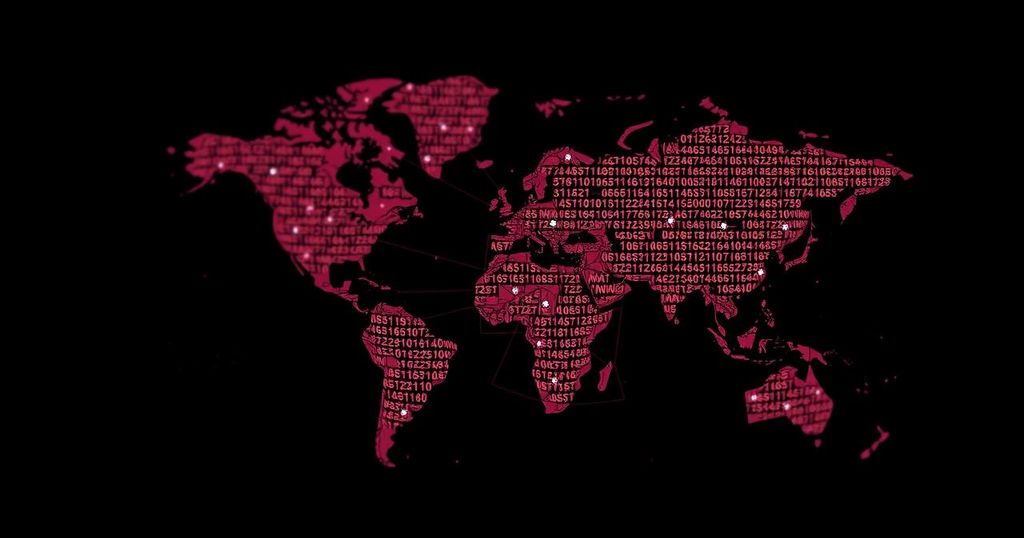Impending Election Faces Unprecedented Surge in Disinformation

As the election nears, disinformation has escalated dramatically, undermining trust in American democracy. False claims, including serious allegations against political figures, are being amplified through a mix of domestic and foreign efforts. The spread of misinformation has intensified political debates and poses significant risks for the electoral outcome.
As the upcoming election approaches, the disinformation landscape in America has reached unprecedented levels. The foundation of trust in the electoral system has been eroded by a surge of falsehoods proliferating both domestically and internationally. This alarming trend has been extensively reported since 2022, highlighting how disinformation is affecting electoral politics. Numerous unfounded allegations have surfaced targeting key political figures, including the Democratic vice-presidential nominee, who has been falsely implicated in inappropriate conduct towards students. Such claims have resurfaced through the efforts of a former deputy sheriff from Florida, who currently works within Russia’s propaganda infrastructure, disseminating information across multiple social media platforms and unreliable news outlets. Particularly notable is a fabricated video targeting one supposed victim, which has alarmingly amassed over five million views on the social media site X, owned by Elon Musk. Mr. Musk’s alignment with former President Donald J. Trump, coupled with his endorsement of discredited narratives regarding the integrity of past elections, underscores the troubling overlap between private social media power and public discourse. The phenomenon of disinformation is not new to American electoral processes; however, its current intensity, characterized by a deluge of misinformation, is unprecedented. With the election set for November 5, the full impact of these rampant falsehoods on voter perception and electoral outcomes remains uncertain, yet they have clearly tainted political discourse concerning candidates Trump and Vice President Kamala Harris. Moreover, adversarial nations, notably Russia, Iran, and China, continue to exploit these narratives, depicting the American democratic system as chaotic and untrustworthy. Simultaneously, domestic politicians and influential media figures exacerbate these wartime narratives, leveraging them for partisan advantage and, in turn, providing foreign entities with additional ammunition to amplify social discord. “This is a concerted effort to undermine American trust in our democratic institutions,” stated Jen Easterly, the director of the Cybersecurity and Infrastructure Security Agency, referring to the discernible influence operations initiated by foreign adversaries. In conclusion, the pervasive nature of disinformation poses a grave threat to the integrity of American democracy, as it not only misleads the public but also sows discord among citizens. This underscores the critical need for vigilance in combating these narratives, ensuring that democracy remains resilient against both domestic and foreign threats.
The topic of disinformation has become increasingly pertinent in the context of the upcoming elections in the United States. The emergence of false narratives on various platforms has significantly influenced public perception and the electoral process. With numerous high-profile figures being targets of malicious campaigns, the integrity of democratic institutions is in jeopardy. The role of foreign adversaries in propagating these falsehoods, alongside the complicity of certain domestic entities, illustrates a multifaceted threat to electoral integrity and public trust in the democratic process.
In summary, the surge of disinformation as the election approaches poses a substantial risk to the trust citizens place in democratic processes. As the campaigns unfold, the importance of discerning credible information from manipulative narratives cannot be overstated. It is imperative for all stakeholders, including individuals, media organizations, and governmental bodies, to take concerted action against the proliferation of falsehoods to preserve the integrity of democracy.
Original Source: www.nytimes.com








